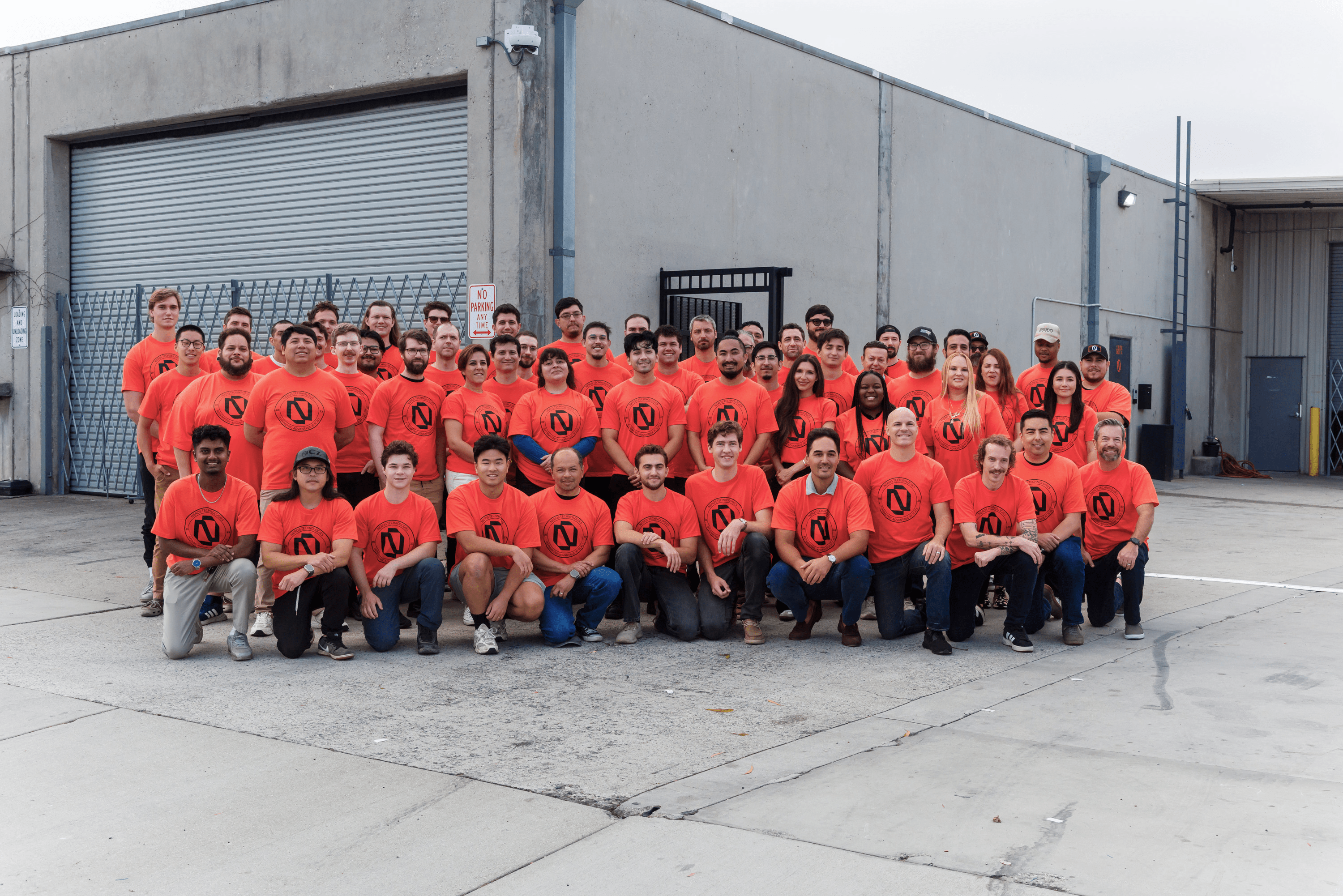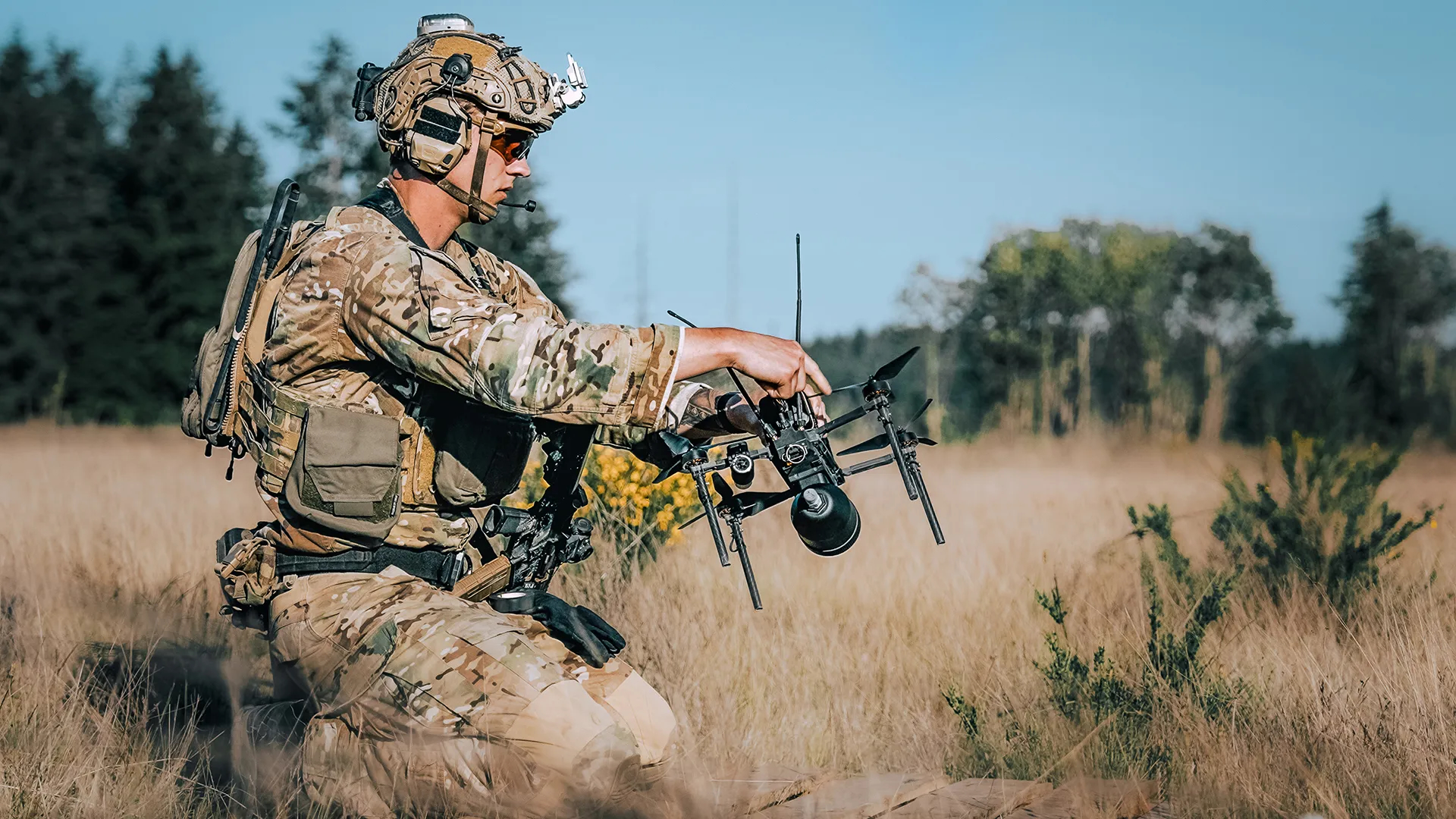Main image: A U.S. military member handling an Archer Strike FPV Drone
U.S. defense startup Neros has raised $75 million from investors to expand production of its FPV drones Archer and Archer Strike and announced plans to grow its team in Ukraine.
The company stated that the funds will be used to scale up drone and ground control station production and to create a resilient supply chain independent of China. The funding round was led by Sequoia Capital, with participation from Vy Capital US and Interlagos. Overall, Neros has now raised over $120 million.
According to the company, the investment will allow them to insource more critical assembly stages, invest in suppliers from allied countries, and accelerate the development of next-generation autonomous systems, including improved resilience against electronic warfare. Neros is also expanding internationally: in addition to its Los Angeles HQ, the team operates in Kyiv, London, and Washington, D.C., opening new positions across all locations. In Kyiv, proximity to the frontline provides rapid feedback and helps translate combat experience into production models faster.
"Neros is one of the fastest companies in history to be awarded meaningful defense contracts. It shows how mission critical FPV dronesare," said Shaun Maguire, partner at Sequoia Capital. “Drone performance and high-throughput production go hand in hand. Neros should be the first 1 million drone factory in the United States,” added Achal Upadhyaya, founder of Interlagos.

Neros already holds significant U.S. contracts, including with the Marine Corps, and has been selected as a primary FPV supplier for the U.S. Army’s “disposable” drones program (PBAS). The company also supplies systems to the UK Ministry of Defense.
CEO Soren Monroe-Anderson stated that the goal is to build a long-term FPV drone production base in the West so allies can access large-scale, reliable, and competitive solutions without critical dependence on Asian components.
For Ukraine, Neros’ Kyiv office and increased production mean potentially faster deliveries, more stable service, and a broader selection of drone configurations for real missions. For the industry, this signals a shift of the FPV drone production center toward the U.S. and allied countries, emphasizing full supply chain transparency.


















